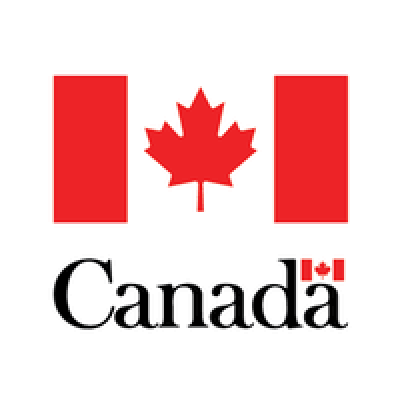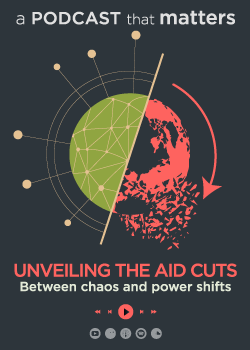Print

Canada–Malawi Government Assistance Project (GAP)
Details
Locations:Malawi
Start Date:Jan 1, 2001
End Date:Mar 31, 2009
Contract value: USD 7,700,000
Sectors: Inst. Devt. & Cap. building, Public Administration
Description
Purpose
To improve the efficiency and effectiveness of the Government of Malawi’s ministries and institutions. GAP helps build the capacity of these institutions to implement their key policies, strategies and programs aimed at reducing poverty through more efficient, effective, equitable and transparent delivery of services.
Challenge
The Government of Malawi is attempting to develop and reform its civil service to ensure that principles of sound governance characterize every aspect of its work. However, the relative lack of capacity of government ministries and institutions to plan and deliver programs and services has constrained the country’s ability to reduce poverty and promote sustainable and equitable development. GAP is part of the Government of Canada’s Country Program for Malawi that aims to address these challenges and assist Malawi in creating a healthy, educated and productive human resource base.
Approach
Developing sound and sustainable government capacities required building individual commitment and skills; strengthening institutional and organizational structures; and creating a supportive enabling environment. GAP was designed as a responsive, participatory mechanism to provide strategic capacity-building interventions to the Government of Malawi. It emphasized results-orientated, high impact, low-cost initiatives that led directly to improved management and more efficient, effective and equitable delivery of government services.
Key government officials were involved in all elements of the project management cycle from the development of the proposal through the implementation, monitoring and evaluation of individual initiatives.
Now in an extension phase (January 2007–March 2009), GAP and the GoM are capitalizing on gains made during the first part of the project to deepen and strengthen capacity and institutionalize results.
In the first phase, GAP supported strategic interventions in CIDA’s sectors of focus: education, health, water supply and gender. By concentrating on the ministries and institutions in these sectors, GAP worked to increase the sustainability, impact and synergy of CIDA’s overall program in Malawi. While maintaining this focus, GAP was sufficiently flexible to respond to other central ministries and institutions that are key to public sector reform.
Following on the results achieved in the first phase, GAP shifted its mandate during the extension to focus on the three areas that were realizing the greatest impact:
Policy Development and Management Systems: Works within the Office of the President and Cabinet, through individual coaching and mentoring, to increase capacity for executive decision making and the skills and knowledge required to integrate policy, planning, legislation, budgeting and reporting processes.
Strategic Planning: Focuses on facilitating the development of Strategic Implementation Plans and aligning budgets with these plans. Fifteen government ministries and 13 key departments have accomplished this component. In addition, this initiative focuses on increasing the ability of ministries and the Office of the Cabinet and President to monitor the implementation of the plans and accountability.
Strategic Leadership: Works with the Department of Human Resource Management and Development in the management of standardized leadership and management training across the GoM. This initiative also increases the capacity of service providers to design and deliver relevant, coordinated, high-quality training to the GoM staff.
Results
The following are some results the project has achieved with our government partners:
- The development of Leadership Learning Framework to standardize management training within Government of Malawi (with DHRMD)
- Capacity for training within DHRMD, and a Strategic Implementation Plan within every ministry and key department linked to the Malawi Growth and Development Strategy
- The development of a draft Guide to Executive Decision Making within the Office of the President and Cabinet
- The development of Gender Budgeting Guidelines (with the Ministry of Women and Child Development)
- The development and subsequent passing of a National Sanitation Policy (with the Ministry of Irrigation and Water Development)
- The development, and submission to cabinet, of an HIV/AIDS Public Sector Workplace Policy (with the Department of Human Resource Management and Development, or DHRMD).
